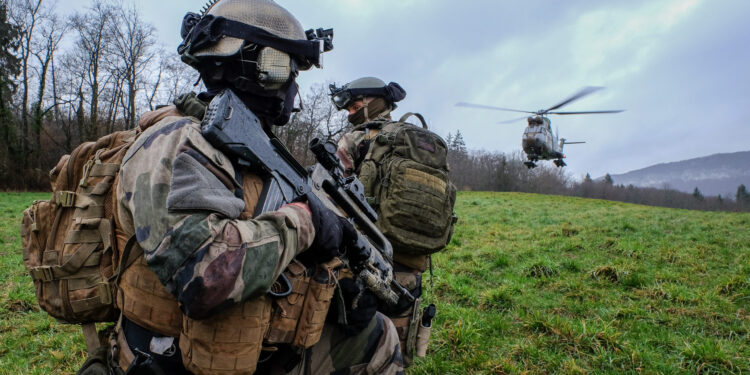The United States military has completed the withdrawal of its troops from a French military base in N’Djamena, Chad, following a request from the Chadian government. This move reflects a broader reevaluation of the U.S. military presence in the Sahel region, influenced by recent political and security dynamics.
The withdrawal Involved relocating approximately 60 U.S. forces to Germany, where they will continue their counterterrorism and security missions. This transition is part of a strategic review following the Chadian presidential election on May 6th. The U.S. had fewer than 100 troops in Chad, primarily involved in special operations, reflecting the country’s importance as a hub for American military activities in Africa. The U.S. also recently withdrew troops from Niger.
The decision to pull out came after the Chadian government questioned the legality of the presence of U.S. troops, citing issues with the status of the Forces Agreement (SOFA). This agreement defines the legal status of U.S. military personnel in Chad and is typical in countries where U.S. forces are stationed. Chadian officials’ request for withdrawal points to possible administrative and diplomatic concerns that are expected to be addressed post-election.
This development is significant as it occurs concurrently with similar military adjustments in Niger, where the U.S. is also negotiating the withdrawal of more than 1,000 troops. These changes are part of a broader realignment of U.S. military strategy in the region amidst growing Russian and Chinese influence in Central Africa.
The repositioning of U.S. troops has broader implications for regional security and American strategic interests in Africa. General Michael Langley of the U.S. Africa Command has highlighted the delicate balance these nations face, needing developmental assistance while guarding their national sovereignty against external influences.
As the U.S. recalibrates its presence in the Sahel, the focus remains on maintaining robust security partnerships with African nations. These partnerships are crucial for addressing the challenges posed by violent extremist organizations and for supporting regional stability.
The ongoing geopolitical shifts underscore the complexity of international relations in Africa and the strategic necessity for the US to adapt its military and diplomatic approaches to effectively support its interests and those of its African partners.










